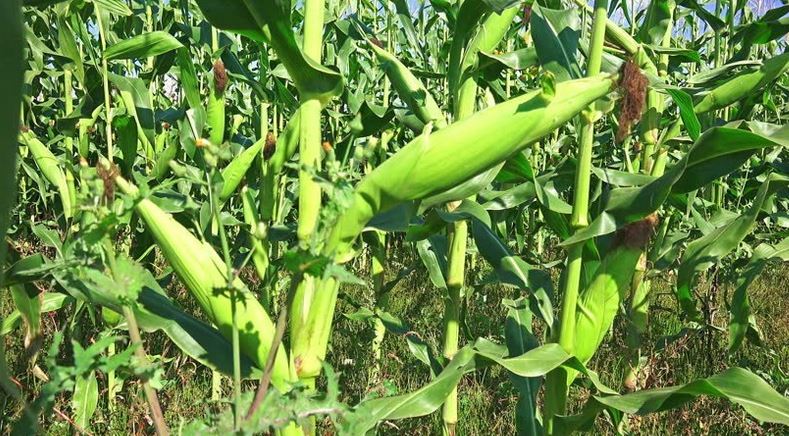
The current crisis over maize farming is an invaluable opportunity to rethink our agriculture policy. Most maize farmers in the Rift Valley are yet to be paid by the National Cereals and Produce Board (NCPB). Political elites from the region have expressed conflicting views on the matter. Some are urging farmers to diversify away from maize, to more productive cash crops. Others want the state to streamline maize farming, including the subsidies and timely payment of farmers. Unfortunately, the debate is likely to be drowned out by 2022 politics.
What are the matters on the table? First, there is the question of the strategic importance of agriculture. Throughout the world, governments move mountains to protect cherished farm sectors – especially with regard to the production of agricultural staples. This is for the simple reason that farming is a low-productivity sector that in most jurisdictions relies on subsidies from government. With this in mind, it is important for our leaders to think critically about possible approaches to fixing the agricultural sector in Kenya. However, as we do so, we must be clear-eyed about the fact that the sector will most certainly require subsidies. The question will then be how to deliver the subsidies efficiently to farmers and not well-connected cartels.